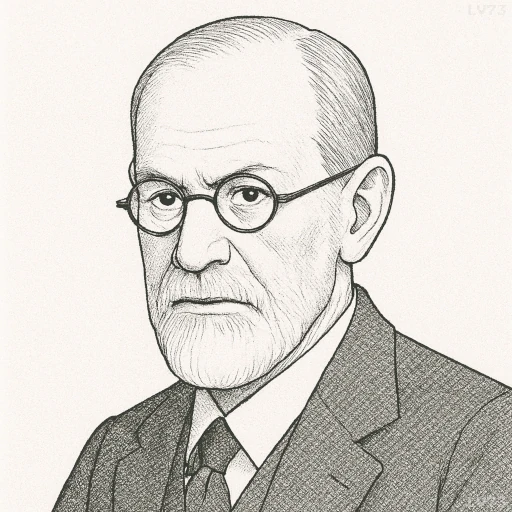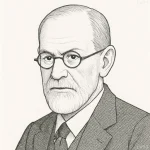“Whoever loves becomes humble. Those who love have, so to speak, pawned a part of their narcissism.”

- May 6, 1856 – September 23, 1939
- Austrian
- Neurologist, Founder of Psychoanalysis
table of contents
Quote
“Whoever loves becomes humble. Those who love have, so to speak, pawned a part of their narcissism.”
Explanation
In this insightful statement, Freud describes love as an act that diminishes the ego’s self-sufficiency, making the lover emotionally vulnerable and less self-centered. To love someone deeply means to value another person as highly—or even more highly—than oneself, which naturally involves a sacrifice of narcissism. In Freud’s psychoanalytic terms, narcissism is the investment of libido in the self, and when we love, we redirect some of that libidinal energy outward, thereby becoming more humble and dependent on the beloved.
This concept is central to Freud’s theory of love and narcissism, where he distinguishes between narcissistic object-choice (loving someone who reflects one’s own ideal) and anaclitic object-choice (loving someone based on need or dependency). In both cases, genuine love requires giving up part of the self-focused psychic investment, which can be both enriching and threatening to the ego. The “pawned” narcissism is not lost but temporarily surrendered, making love a complex blend of joy and vulnerability.
Today, Freud’s insight resonates with common experiences in intimate relationships, where love often involves letting go of pride, control, or emotional independence. It also informs modern discussions about healthy versus pathological narcissism, showing that the capacity to love requires a willingness to share emotional power. Freud’s quote reminds us that true love is not about domination or fantasy—it is about mutual regard, emotional risk, and the humbling act of placing another at the center of our psychic world.
Would you like to share your impressions or related stories about this quote in the comments section?

